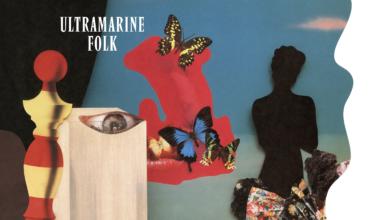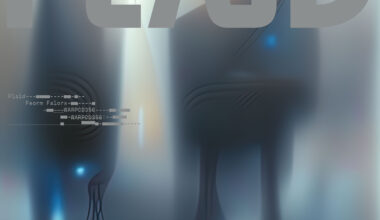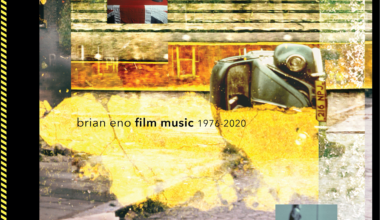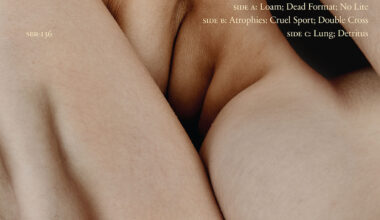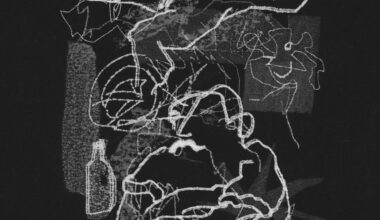Rave’s original pin-up boy pops his head over the parapet with his first album for 15 years
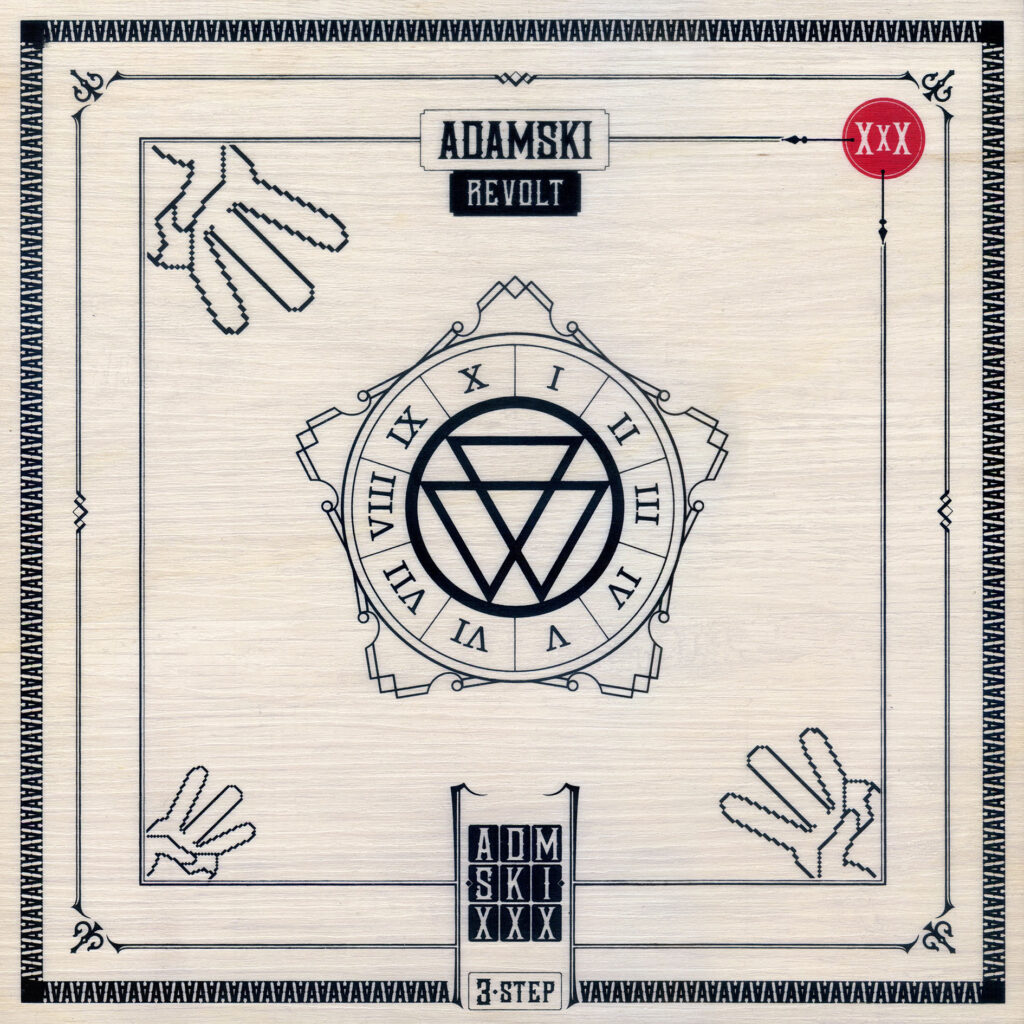
Adamski is often referred to as the first pop star of rave music. He was a leading light of the new breed of post-acid producer/performers to achieve success in the mainstream, most notably for his killer ‘Killer’ single, for which he enrolled the unique vocals of the then-unknown Seal in 1990.
When mavericks like Adamski are still recording and releasing new stuff – six albums and 25 years later – you know it’s because some big, fresh idea is tickling their fancy and they’re running with it out of curiosity or for the adrenalin rush that comes from being creatively motivated and having a personal stimulus and focus. It’s a bit like baking a cake. Everyone else benefits from your delightful indulgence.
Adamski’s big, fresh idea is making the quantum leap from 4/4 to 3/4 music. Or 3-step as he’s calling it. Which is why, as well as covering several rock and punk classics, ‘Revolt’ also includes a version of Englebert Humperdink’s ‘The Last Waltz’ (recorded with David McAlmont). Adamski has certainly been having fun with this and the opener, the fast-flowing and jumpy ‘3Step4Ever’, featuring Lee “Scratch” Perry and the aptly named MC Wildflower, is a declaration of intent. You may not like it on the first hearing – I thought it sounded like a rave tune for people who are into three-legged races – but it’s deeply embedded by the second time around.
The same thing happens with a lot of these tracks. ‘Revolt’ pushes the boundaries in so many weird ways – and not only with the unusual rhythms and shifts in tempo – but it’s a great party record. If it’s confused, it’s confused in a good way, so leave your preconceptions at the door. The likes of ‘Useless Man’ (Adamski versus Minty, Leigh Bowery’s old band) and ‘Num Generation’ (”My generation has gone / I just type on my computer all day”) are tricksy, but ‘Artificial Waltz’ (a cover of ‘Art-I-Ficial’ by X-Ray Spex) and ‘London Dungeon’ with Congo Natty (once known as Rebel MC), will amuse. And OMG, how many people are going to be trying to burp along to the belching sample that’s used as a percussive instrument on ‘My Daddy Was A Rockstar’?
There are safety nets, though. The slow flow and perfect vocals of Shanki on ‘Tru Luv’ are beautiful (silly spelling also forgiven), while ‘Pump Up The Waltz’ shifts the pace, brings depth and a sense of expectation. I’ve never had Adamski down as sexy (sorry Adam), but ‘Spin’ comes very close, with its dub reverbs and sharp, snappy, whisked-in beats. There’s the echo of an inner-city reggae basement blues bar in many of the tracks and the often dark yet always engaging lilt of something akin to a Bavarian folk dance everywhere. It’s even there in the smooth moves of Betty Adewole’s almost unrecognisable cover of Led Zeppelin’s ‘Dazed And Confused’.
Adamski’s curiosity about all types of music and his understanding and nurturing of sonic history is nothing new. In an interview with Simon Reynolds in Melody Maker in 1990, he nods to a relationship between punk and rave, pointing to the shared attitude, sense of freedom and desire to break the rules. These three elements are still there in his 2015 creative manifesto – and you’ve got to admit that’s something worth supporting, regardless of whether you and ‘Revolt’ become best buddies or not.
